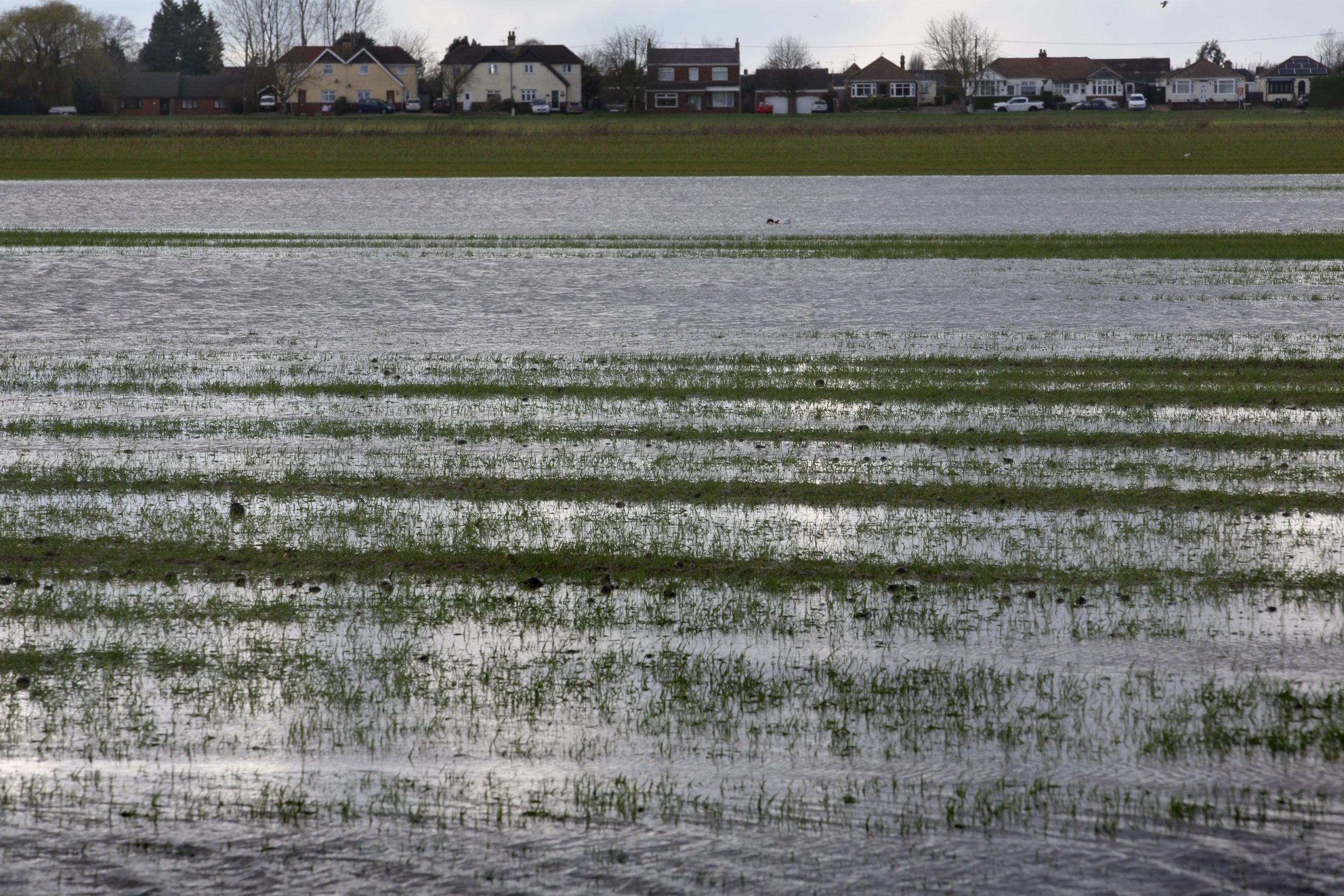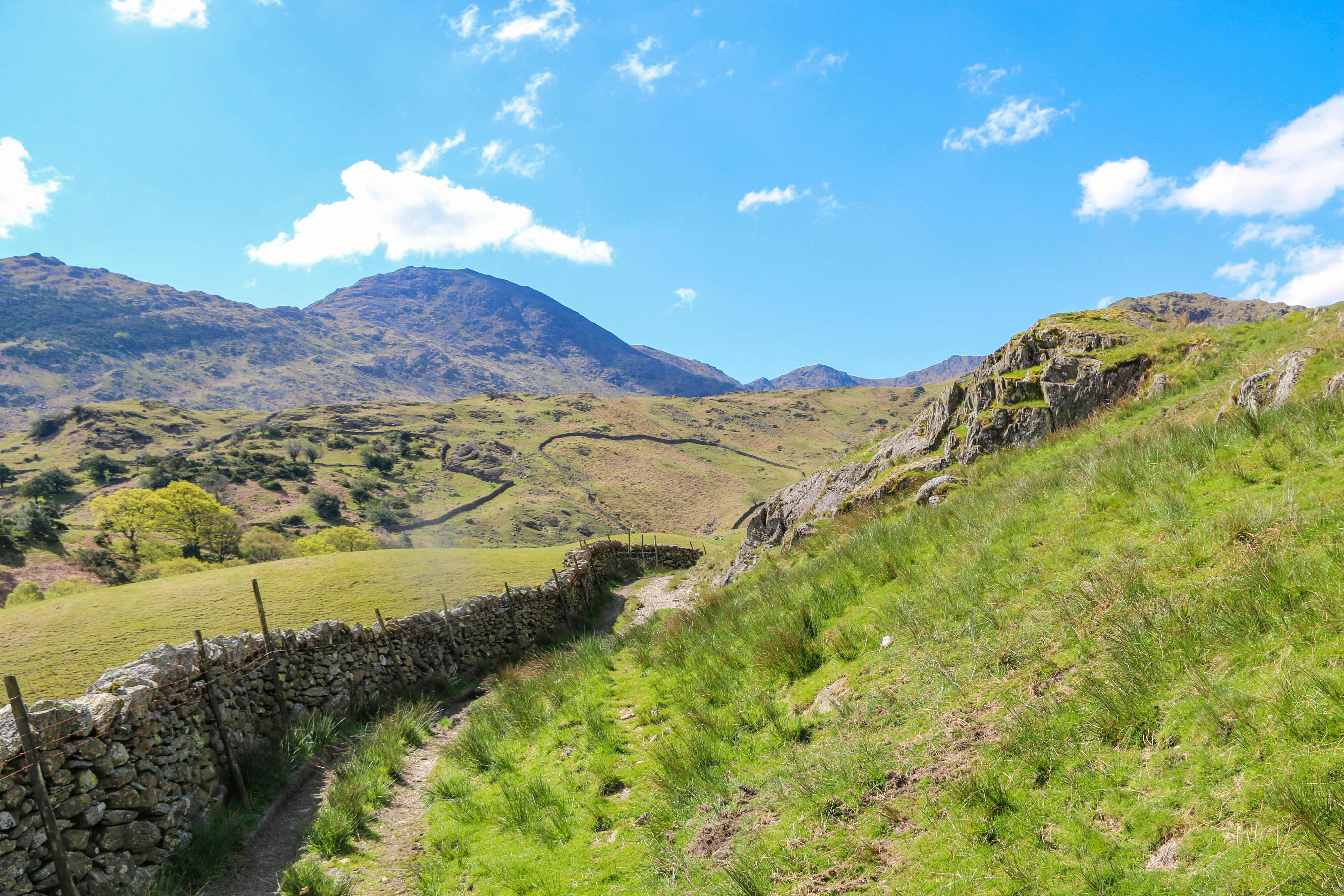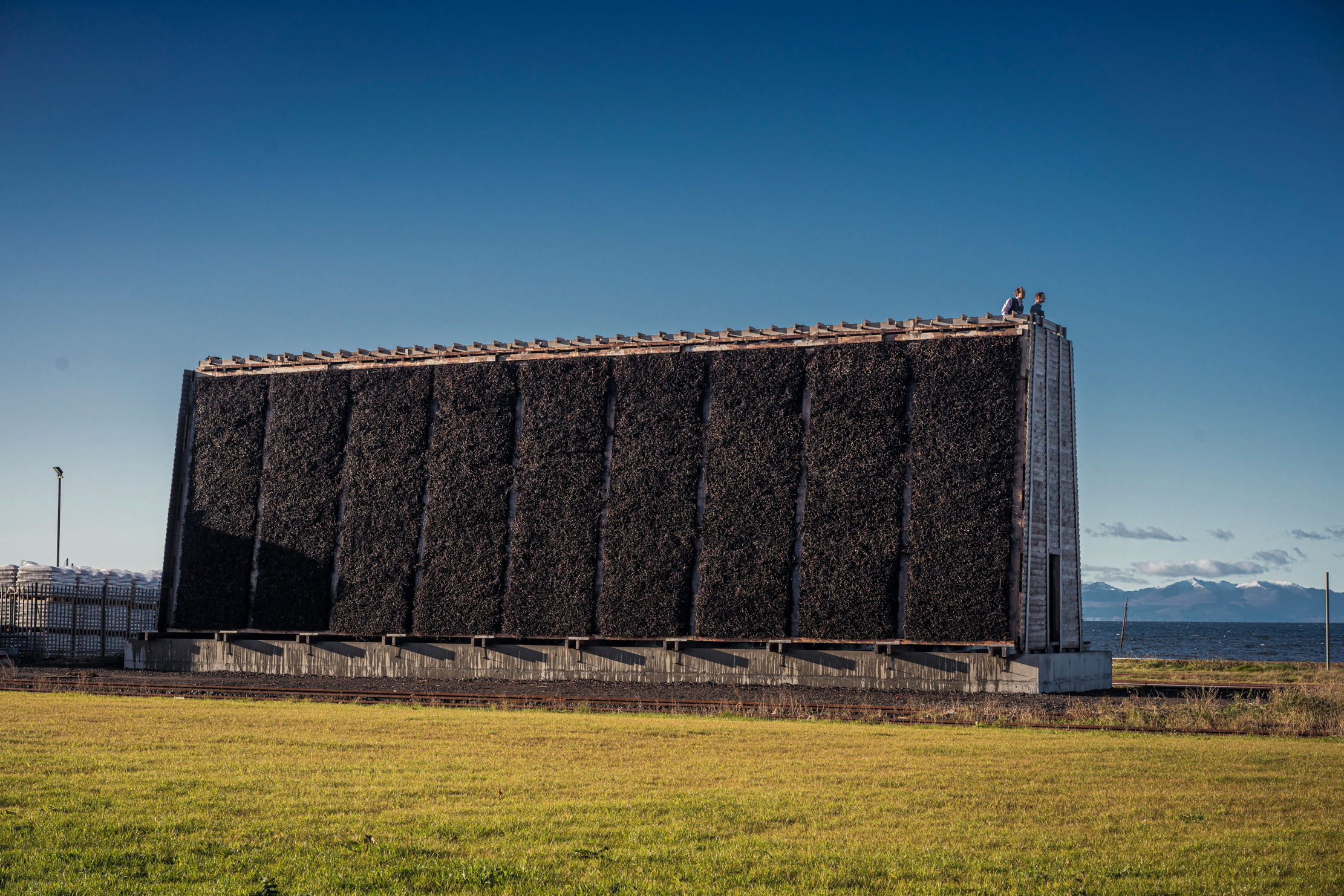Farmers warn of looming food crisis after 'wettest winter in 150 years'
'To still be underwater in spring is unheard of. Our whole arable operation is on hold.'


Farmers fear for their 2024 harvests after one of the wettest winters in decades and the CLA is calling for urgent Government support. Currently, across the UK, thousands of acres of prime food-producing land are waterlogged, after what has been the wettest 12 months in 150 years. The loss of winter crops that couldn’t be planted or were washed away is uninsurable and the Farming Recovery Fund promised in January — with grants of up to £25,000 — is yet to be launched. Furthermore, there is no compensation for landowners whose fields are flooded by the Environment Agency (EA) to keep water away from towns and villages.
‘Farming businesses are willing to help protect homes and businesses from flooding by storing floodwater, but in turn there should be… appropriate compensation,’ says CLA president Victoria Vyvyan. ‘The impact of flooding on farms up and down the country is profound, damaging infrastructure, such as fencing and walls, contaminating soil and jeopardising environmental projects… Any reduction in domestic food production may lead to an increase in imports and prices.’
One farmer in Somerset, Charlie Ainge, who has fields that have been underwater for seven weeks, blames the EA’s poor maintenance of the Somerset Levels, as well as the weather. ‘To still be underwater in spring is unheard of. Our whole arable operation is on hold because there’s nowhere to drill and we’ve reached the point where we’re seriously considering its long-term future.’
In Worcestershire, Stephen Watkins was unable to plant sugar beet and potatoes in mid March as he normally would and claims this is the worst situation on his land since 1947. ‘We’re by the River Severn so do expect some issues, but it’s come over the flood levee twice, which is significant,’ he says. ‘Any Government funding is time-consuming to apply for and difficult to comply with — we were told last time that we hadn’t taken enough pictures. They need to get on and help us.’
Government response
A Defra spokesperson points out that the Farming Recovery Fund will open ‘imminently’, enabling eligible farmers, who will be contacted directly by Rural Payments Agency, ‘to return their land to the condition it was in before the exceptional flooding caused by Storm Henk [in January]’.
They continue: ‘We are acutely aware of the impact extreme weather can have on the farming community. That is why we have protected more than 900,000 acres of agricultural land from the impacts of flooding since 2015 and why we are investing £5.6 billion to better protect communities from flooding and coastal erosion.’
Between 2015 and 2021, to the tune of £2.6 billion, the Environment Agency completed some 850 projects to help more than 314,000 homes, nearly 600,000 acres of agricultural land and thousands of businesses. Between 2021 and 2027, there will be record Government investment in flood defences of £5.6 billion (this programme has already assisted some 71,000 homes and businesses). Furthermore, in April last year, the first 53 communities in England to benefit from the £100 million Frequently Flooded Allowance were named, with £48 million to split between 2,300 households and businesses.
Sign up for the Country Life Newsletter
Exquisite houses, the beauty of Nature, and how to get the most from your life, straight to your inbox.

Helen Rebanks: Farming, food, the meaning of life... and dogs stealing birthday cakes
Helen Rebanks, the bestselling author who became Britain's favourite farmer's wife, joins the Country Life podcast.

Credit: Blackthorn Salt
'One of the most amazing things in terms of food in this country' — How a tower of thorns makes salt
Made with wind, sea and thorns on the wild west coast of Scotland, Blackthorn Salt brings surprising health benefits, as
Annunciata grew up in the wilds of Lancashire and now lives in Hampshire with a husband, two daughters and an awful pug called Parsley. She’s been floating round the Country Life office for more than a decade, her work winning the Property Magazine of the Year Award in 2022 (Property Press Awards). Before that, she had a two-year stint writing ‘all kinds of fiction’ for The Sunday Times Travel Magazine, worked in internal comms for Country Life’s publisher (which has had many names in recent years but was then called IPC Media), and spent another year researching for a historical biographer, whose then primary focus was Graham Greene and John Henry Newman and whose filing system was a collection of wardrobes and chests of drawers filled with torn scraps of paper. During this time, she regularly gave tours of 17th-century Milton Manor, Oxfordshire, which may or may not have been designed by Inigo Jones, and co-founded a literary, art and music festival, at which Johnny Flynn headlined. When not writing and editing for Country Life, Annunciata is also a director of TIN MAN ART, a contemporary art gallery founded in 2021 by her husband, James Elwes.

